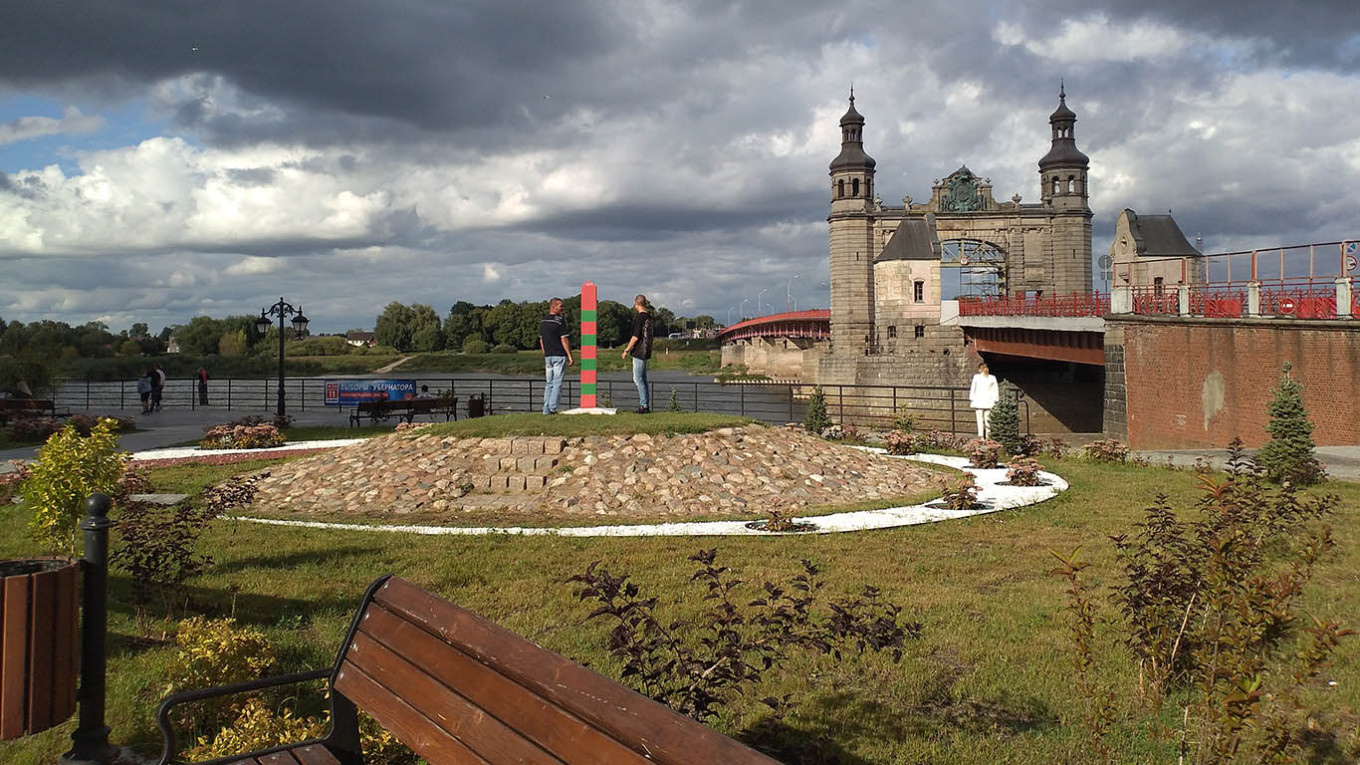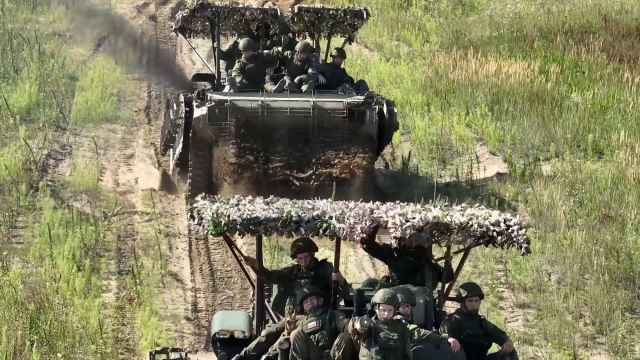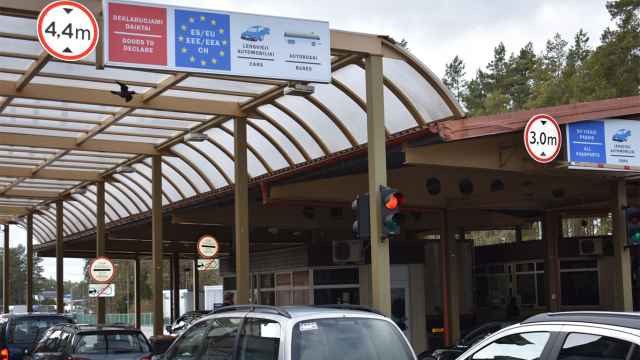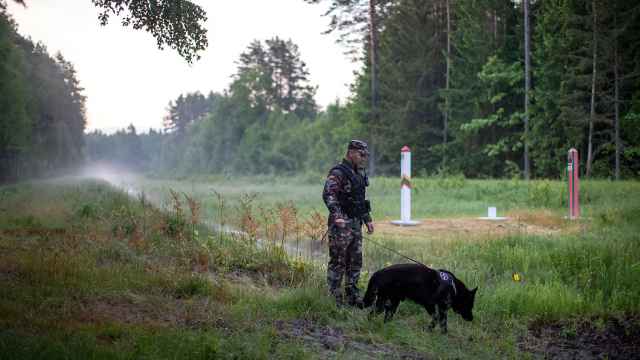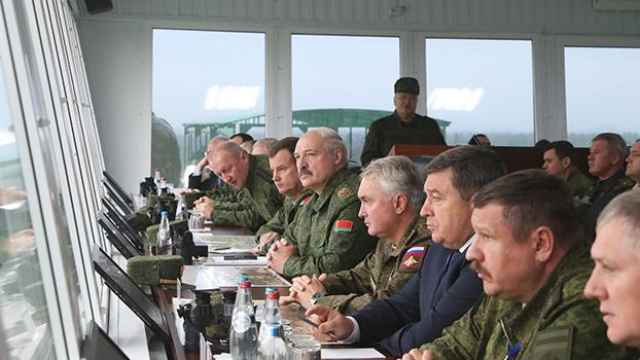Lithuania said Monday that it will spend 1.1 billion euros ($1.2 billion) over the next decade to fortify its border with Russia and Belarus, with the bulk of the funding earmarked for anti-tank mines.
Lithuania, which shares borders with Russia’s Kaliningrad region and northwestern Belarus, has raised concerns, along with fellow Baltic states Latvia and Estonia, that they could become future targets if Russia шы victorious in its war against Ukraine.
All three Baltic countries have stepped up defense efforts since Russia’s full-scale invasion in 2022, including boosting border security amid what they describe as a Kremlin-backed influx of migrants.
Lithuania’s Defense Ministry said the new spending would “block and slow down the actions of hostile states,” adding that around 800 million euros of the total would go toward anti-tank mines.
The ministry said it was conducting “intensive” work to ensure the integrity of the planned “Baltic defense line,” and noted additional measures including stockpiling anti-tank weapons, bolstering electronic warfare and anti-drone systems, as well as enhancing early warning capabilities.
In January, Lithuania announced plans to raise its defense spending to between 5% and 6% of GDP annually from 2026 to 2030.
The country also plans to bolster defenses around the Suwalki Gap, a critical stretch of land connecting Lithuania and Poland that is considered NATO’s most vulnerable corridor. Military analysts warn that if the Suwalki Gap were seized, it would cut off the Baltic states from the rest of the alliance.
Other defensive plans include deepening irrigation ditches to function as trenches, reforesting key border zones and planting trees along roads to shield civilians and troops.
Lithuania, along with Latvia, Estonia, Finland and Poland, announced plans this year to withdraw from the Ottawa Convention, which bans the use, production and stockpiling of anti-personnel landmines.
The move has drawn sharp criticism from humanitarian organizations, including Amnesty International and the International Committee of the Red Cross, which warn of the long-term civilian toll posed by landmines.
A Message from The Moscow Times:
Dear readers,
We are facing unprecedented challenges. Russia's Prosecutor General's Office has designated The Moscow Times as an "undesirable" organization, criminalizing our work and putting our staff at risk of prosecution. This follows our earlier unjust labeling as a "foreign agent."
These actions are direct attempts to silence independent journalism in Russia. The authorities claim our work "discredits the decisions of the Russian leadership." We see things differently: we strive to provide accurate, unbiased reporting on Russia.
We, the journalists of The Moscow Times, refuse to be silenced. But to continue our work, we need your help.
Your support, no matter how small, makes a world of difference. If you can, please support us monthly starting from just $2. It's quick to set up, and every contribution makes a significant impact.
By supporting The Moscow Times, you're defending open, independent journalism in the face of repression. Thank you for standing with us.
Remind me later.


